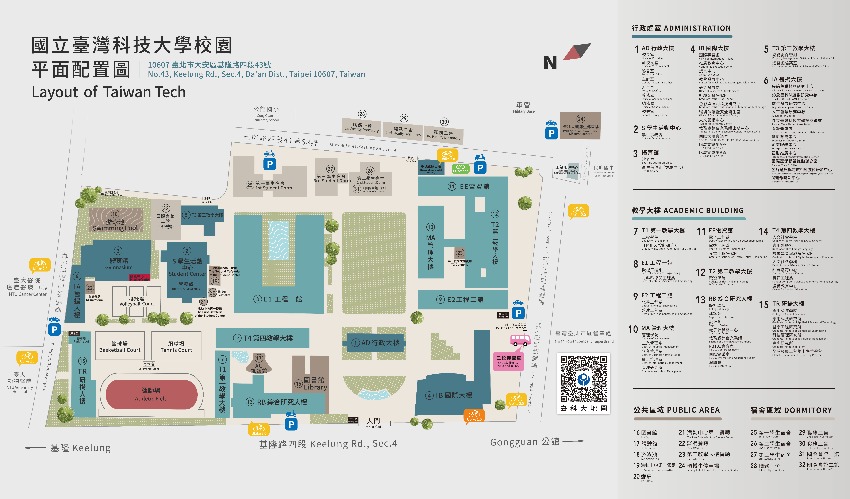[D Area] Politics and Sociability in European Enlightenment (NTU)
Course Objective
This course has three general aims. Primarily it intends to help students familiarize themselves with a significant part of the so-called “canon” in Western legal, moral, and political philosophy. That would prepare students for further developments in their studies in the humanities and social sciences. The second aim is to encourage critical thinking through analyzing arguments with analytical method. Improving this capacity of making critical and analytical scrutiny shall reinforce an important part of students’ soft skill, both in terms of delivering clear and constructive statement and in terms of sound logical reasoning. The final aim is a highly contextual one; that is, to facilitate debates through critical, analytical approach to data (in this case texts), an approach with which students in humanities and social sciences at Taiwanese universities are arguably less familiar.
Outline of Course
The so-called period of “Enlightenment” in European history provided a wide range of debates that continues to provoke critical engagements in the following centuries. This course provides a comprehensive introduction to one of the most profound questions in Enlightenment debates, a question that is still seen by many as highly relevant to today’s social and political theory, as well as moral and legal philosophy; that is, what constitutes a just society? The course will cover texts constituting the so-called “canon” in Enlightenment social and political thought, and will end with a brief reflection on how such debates might still preoccupy some of our own understandings of the nature ofpolitics and sociability.
The absence of gender and racial diversity among the authors covered in the course is not incidental. The syllabus itself is intended to be modelled after a specific mode of (in)forming ways in which one approaches socio-political, moral, and legal questions that has been put into practice, for decades, in some of the leading universities, particularly in Western Europe and North America. This lack of diversity only begins to receive criticism in a much more recent time. The so-modelled syllabus welcomes occasions of challenges, particularly on what is lacking or even unsatisfying in such a mode. And with that notion in mind, the course also invites students to reflect on the relevance of “the Enlightenment” in a general sense.
Course Code: 3TG063701
For further information please visit Course System.
#GE Type: D
#NTU General Education Course

